why do weddings have flower bouquet?
Weddings have flower bouquets as a traditional symbol of beauty, love, and celebration. The bouquet is typically carried by the bride during the ceremony and is often made up of a variety of flowers that hold special meanings. The flowers in the bouquet are carefully chosen to complement the overall theme and color scheme of the wedding. Additionally, the bouquet serves as a decorative accessory that adds a touch of elegance and charm to the bride's attire. It is also believed that the fragrance of the flowers brings good luck and wards off evil spirits. Overall, the flower bouquet is an important element in weddings as it adds beauty, symbolism, and tradition to the special day.
1、 Symbolic tradition of love and fertility in wedding ceremonies.
Weddings have flower bouquets as a symbolic tradition of love and fertility in wedding ceremonies. The tradition of carrying a bouquet dates back centuries and has evolved over time to hold various meanings and symbolisms.
One of the main reasons why flowers are an integral part of weddings is their association with love and romance. Flowers have long been considered a symbol of love and beauty, and incorporating them into a wedding ceremony helps to enhance the atmosphere of love and affection. The vibrant colors and sweet fragrances of flowers create a visually appealing and sensory experience, adding to the overall ambiance of the event.
Additionally, flowers are often associated with fertility and new beginnings. The act of carrying a bouquet represents the bride's fertility and her hopes for a fruitful and prosperous marriage. In some cultures, specific flowers are chosen for their symbolic meanings. For example, roses are often associated with love and passion, while lilies symbolize purity and innocence.
Moreover, flowers also serve as a way to express personal style and add a touch of elegance to the wedding. Brides often carefully select their bouquet to complement their wedding dress and overall theme. The choice of flowers, colors, and arrangement can reflect the bride's personality and taste, making the bouquet a unique and personal statement.
In recent years, there has been a shift towards more sustainable and eco-friendly weddings. Some couples opt for alternatives to traditional flower bouquets, such as using dried flowers, potted plants, or even non-floral elements like feathers or brooches. This modern approach allows couples to express their individuality while also reducing the environmental impact of their wedding.
In conclusion, the tradition of having flower bouquets in weddings is deeply rooted in the symbolic representation of love, fertility, and beauty. While the tradition continues to evolve, flowers remain an essential element in wedding ceremonies, adding a touch of romance, elegance, and personal style to the celebration.

2、 Aesthetic element to enhance the overall visual appeal of weddings.
Weddings have flower bouquets primarily as an aesthetic element to enhance the overall visual appeal of the event. Flowers have long been associated with beauty, love, and celebration, making them a natural choice for weddings. The vibrant colors, delicate petals, and pleasant fragrance of flowers add a touch of elegance and romance to the occasion.
Flower bouquets serve as a focal point during the ceremony, drawing attention to the bride and complementing her attire. They can be customized to match the wedding theme, color scheme, or personal preferences of the couple. From classic roses to exotic orchids, there is a wide variety of flowers to choose from, allowing couples to create a bouquet that reflects their unique style and personality.
In addition to their visual appeal, flowers also hold symbolic meanings. For example, roses are often associated with love and passion, while lilies symbolize purity and beauty. Including specific flowers in the bouquet can add a deeper layer of significance to the wedding ceremony.
Moreover, flowers have a calming and uplifting effect on people. They create a pleasant and welcoming atmosphere, making guests feel more relaxed and joyful. The presence of flowers can also help to create a sense of unity and harmony among the wedding party and guests.
From a modern perspective, flower bouquets have evolved to include not only traditional blooms but also unconventional elements. Some couples opt for non-traditional bouquets made of succulents, feathers, or even brooches. These unique choices add a contemporary twist to the wedding aesthetics and allow couples to express their individuality.
In conclusion, flower bouquets have become an integral part of weddings due to their aesthetic appeal and symbolic significance. They add beauty, romance, and a sense of celebration to the event, creating a visually stunning and memorable experience for everyone involved.
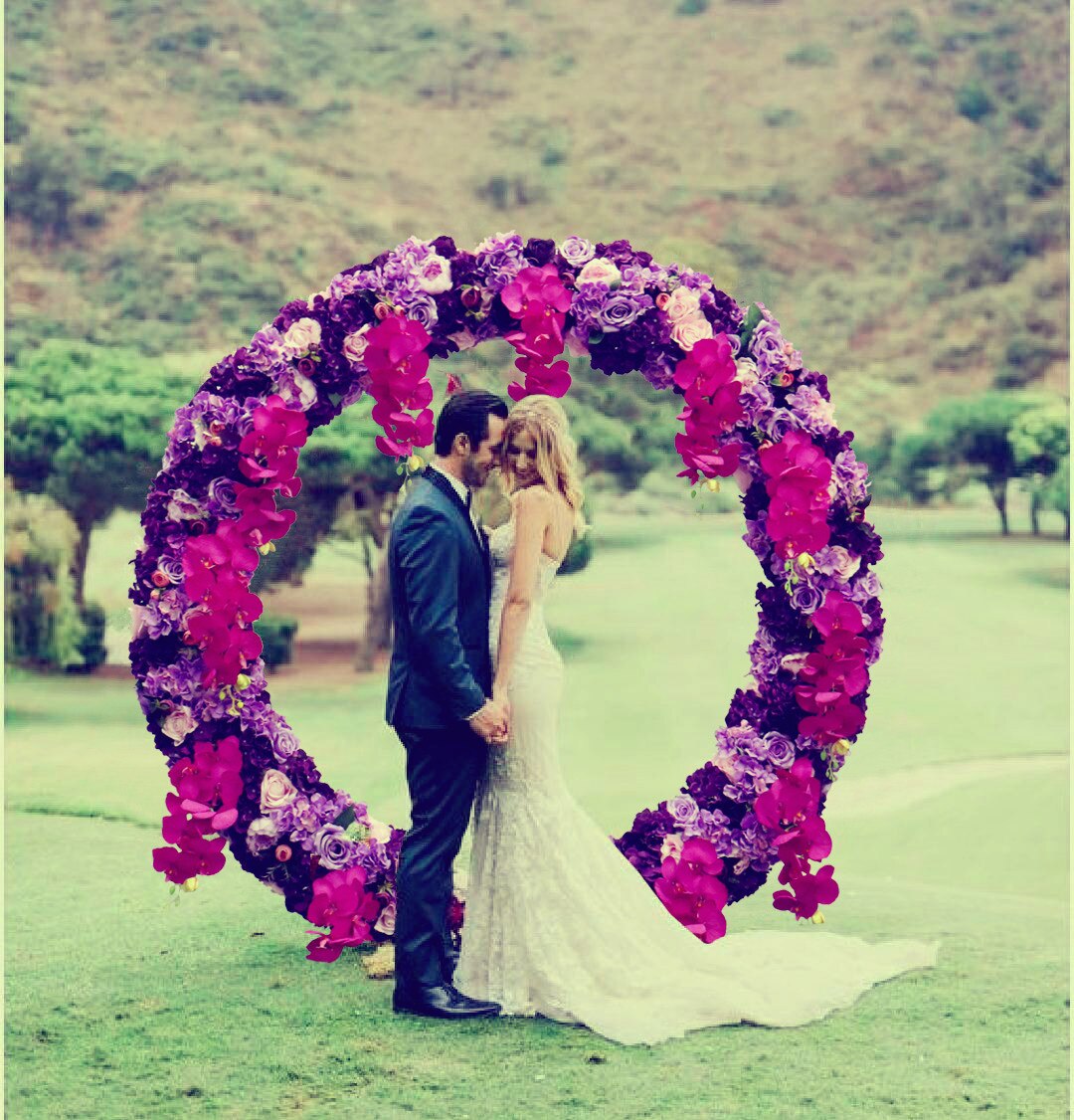
3、 Historical association with warding off evil spirits and promoting happiness.
Weddings have flower bouquets for several reasons, with one of the main reasons being the historical association with warding off evil spirits and promoting happiness. This tradition dates back centuries and is rooted in various cultures around the world.
In ancient times, people believed that evil spirits were attracted to brides on their wedding day. To protect the bride and ensure a happy and prosperous marriage, flowers were used to create a fragrant and visually appealing bouquet. The strong scent of the flowers was thought to repel evil spirits, while the beauty of the bouquet symbolized happiness and fertility.
Additionally, flowers have always been associated with love, beauty, and new beginnings. By carrying a bouquet, the bride not only adds a touch of elegance to her attire but also symbolizes the start of a new chapter in her life. The act of holding and carrying the bouquet also serves as a visual representation of the bride's emotions and excitement on her special day.
In modern times, the significance of flower bouquets in weddings has evolved. While the historical association with warding off evil spirits remains, the focus has shifted more towards aesthetics and personal preferences. Brides now have the freedom to choose their favorite flowers, colors, and arrangements to match their wedding theme and personal style.
Moreover, flowers are known to have a positive impact on mood and emotions. They can create a joyful and romantic atmosphere, enhancing the overall ambiance of the wedding ceremony. The fragrance of the flowers can also evoke pleasant memories and create a sense of nostalgia for the couple and their guests.
In conclusion, the tradition of having flower bouquets at weddings has a rich historical association with warding off evil spirits and promoting happiness. While this tradition still holds significance, it has also evolved to reflect personal preferences and aesthetics. Ultimately, the presence of flower bouquets adds beauty, symbolism, and a touch of nature to the joyous celebration of love and union.
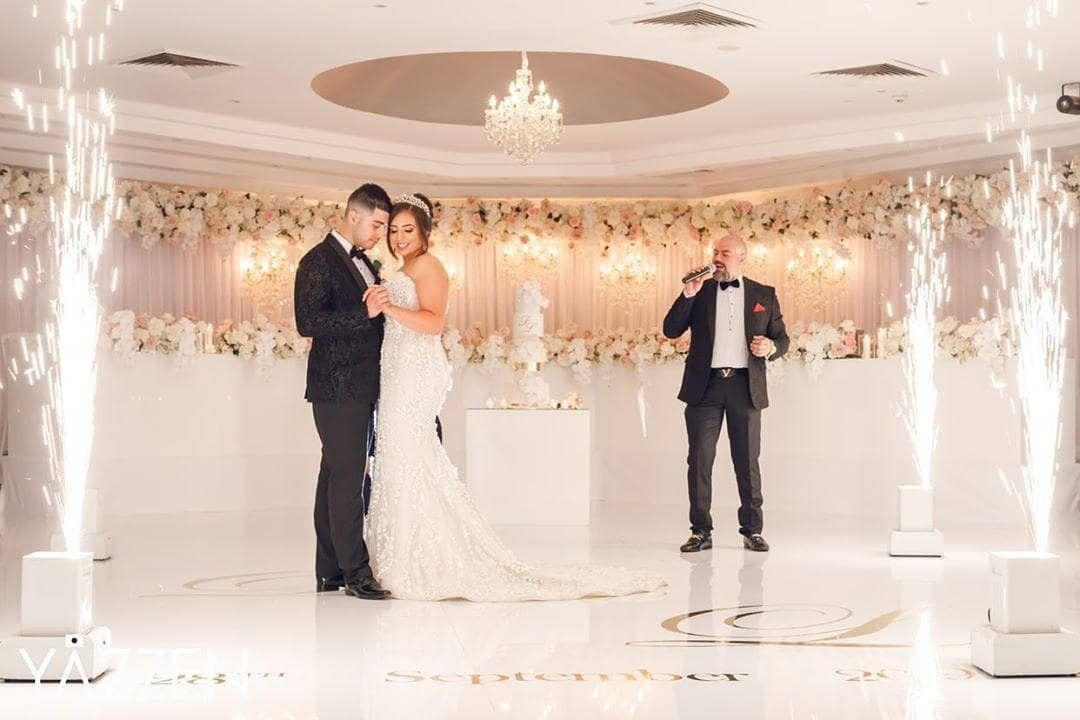
4、 Fragrant blooms add a sensory element to the celebration.
Weddings have flower bouquets for several reasons, and one of the main reasons is that fragrant blooms add a sensory element to the celebration. The use of flowers in weddings dates back centuries and has become a tradition that symbolizes love, beauty, and new beginnings.
The fragrance of flowers has a powerful effect on our emotions and can create a romantic and enchanting atmosphere. The sweet scent of flowers can evoke feelings of happiness, joy, and nostalgia, making the wedding ceremony and reception more memorable for both the couple and their guests. The aroma of flowers can also help to create a calming and soothing ambiance, reducing any nervousness or stress that may be present on such an important day.
In addition to their fragrance, flowers also add a touch of natural beauty and elegance to the wedding. They can be used to enhance the overall aesthetic of the venue, complement the color scheme, and create stunning floral arrangements that serve as focal points. The bride's bouquet, in particular, is a symbol of her beauty and femininity, and the carefully chosen flowers can reflect her personality and style.
Moreover, flowers have a symbolic meaning in many cultures and traditions. Different flowers are associated with different emotions and sentiments. For example, roses are often associated with love and passion, while lilies symbolize purity and innocence. By incorporating specific flowers into the bouquet, couples can convey their feelings and intentions to their partner and guests.
In recent years, there has been a growing trend towards using locally sourced and seasonal flowers in wedding bouquets. This not only supports local farmers and reduces the carbon footprint but also adds a unique and personalized touch to the wedding. Couples are increasingly opting for wildflowers, herbs, and unconventional blooms to create more natural and organic-looking bouquets.
In conclusion, the presence of flower bouquets in weddings serves multiple purposes. They add a sensory element through their fragrance, enhance the beauty of the venue, and carry symbolic meanings. Whether it's a traditional bouquet or a more modern and eco-friendly arrangement, flowers continue to be an integral part of weddings, bringing joy, beauty, and a touch of nature to the celebration.


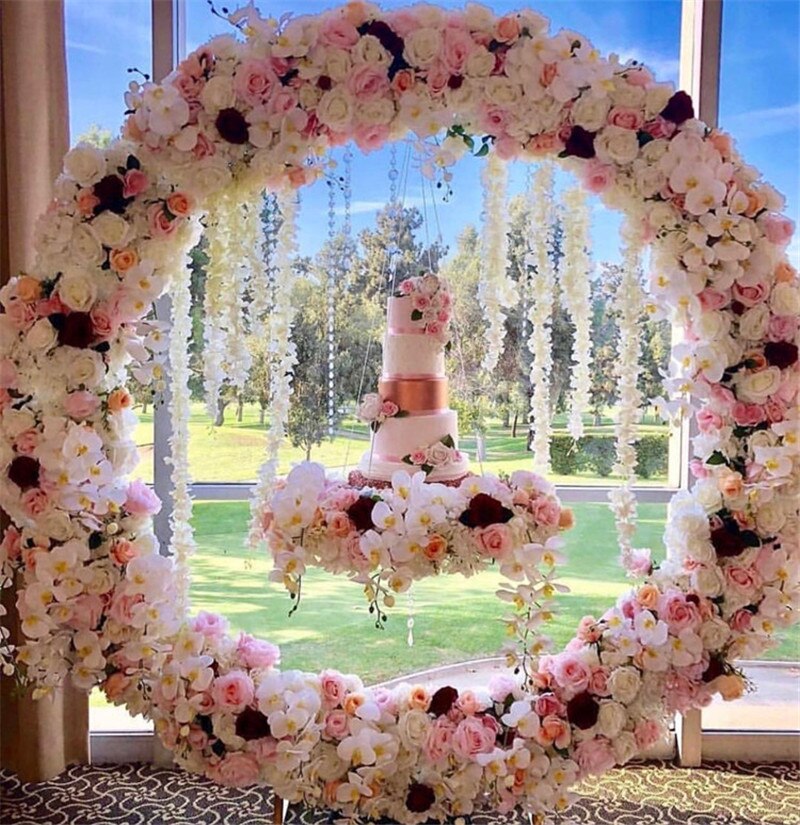
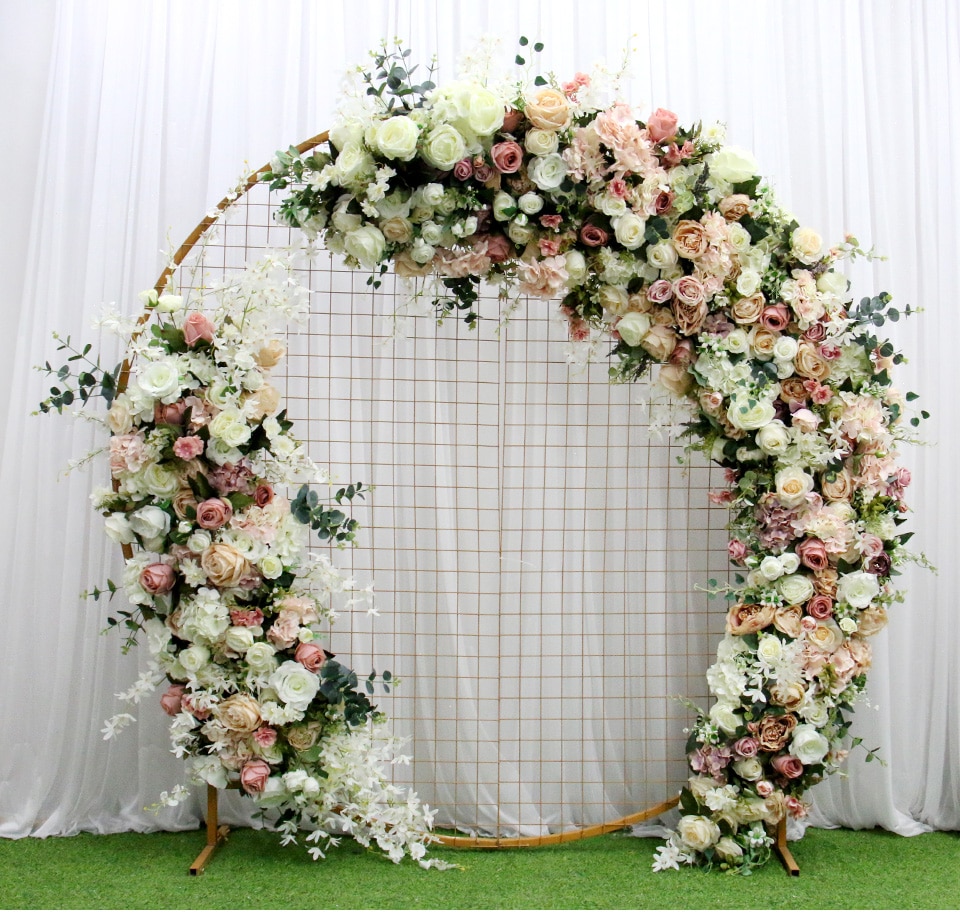
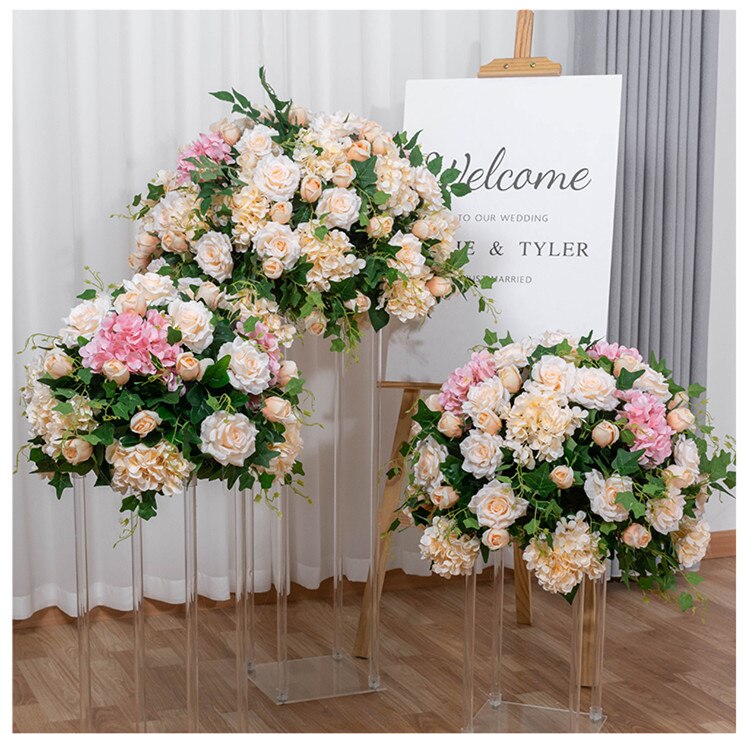
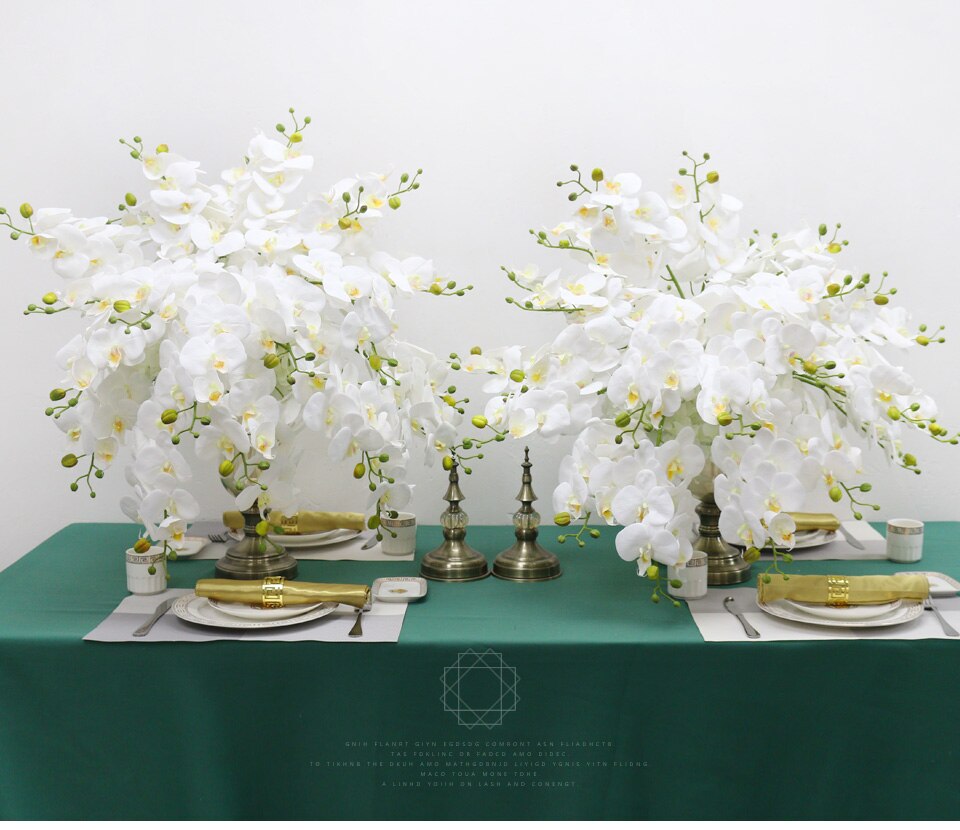
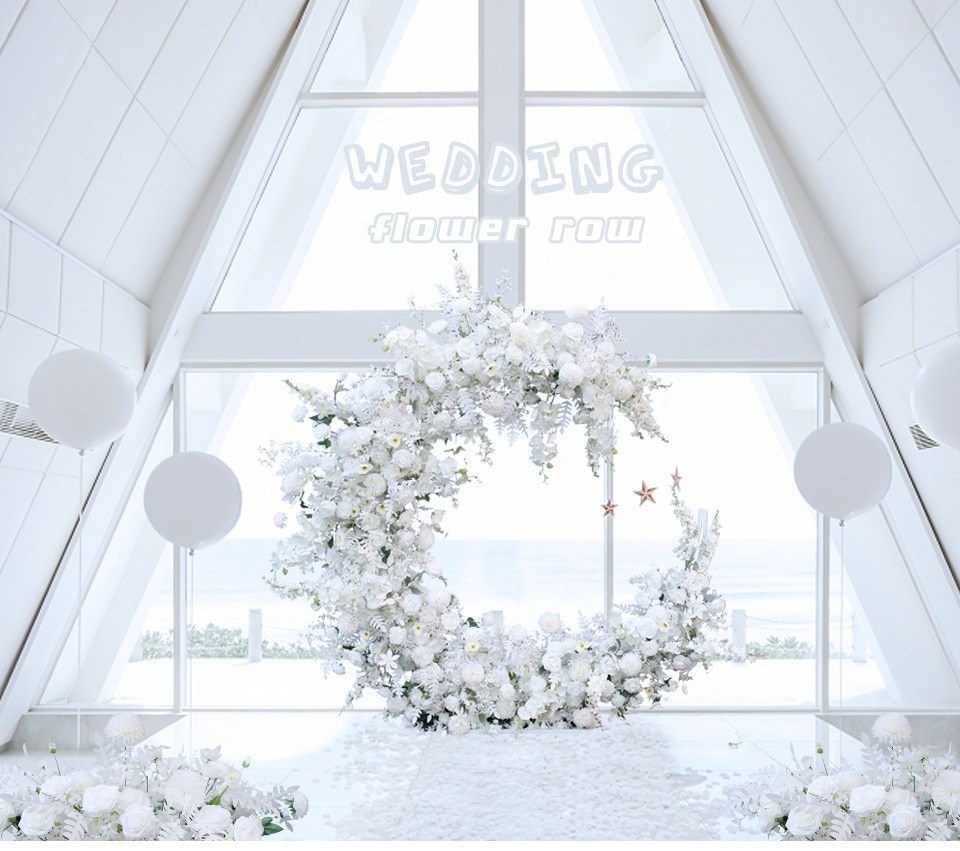
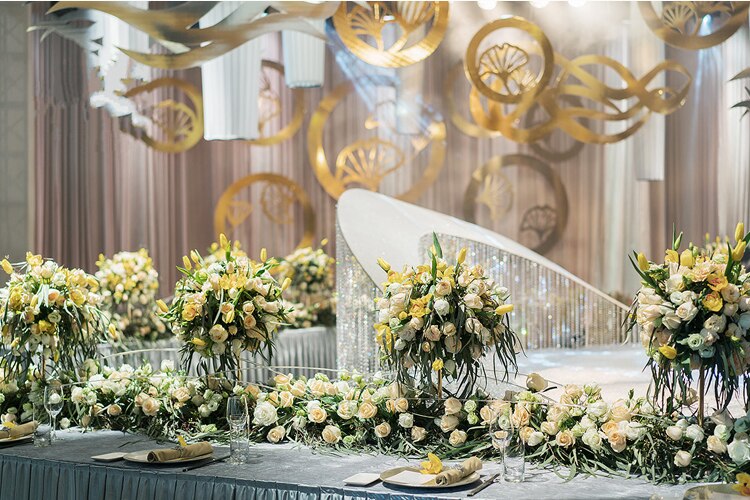
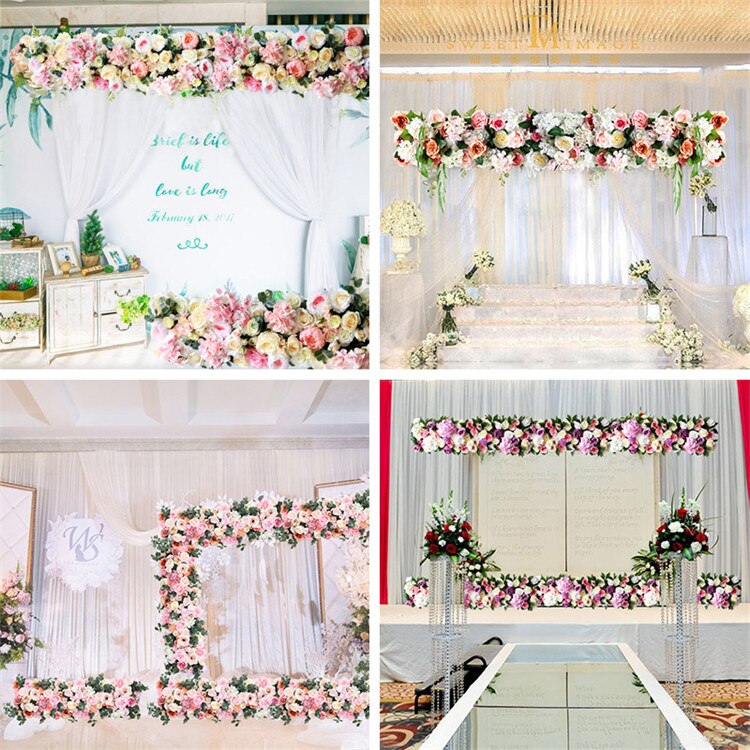
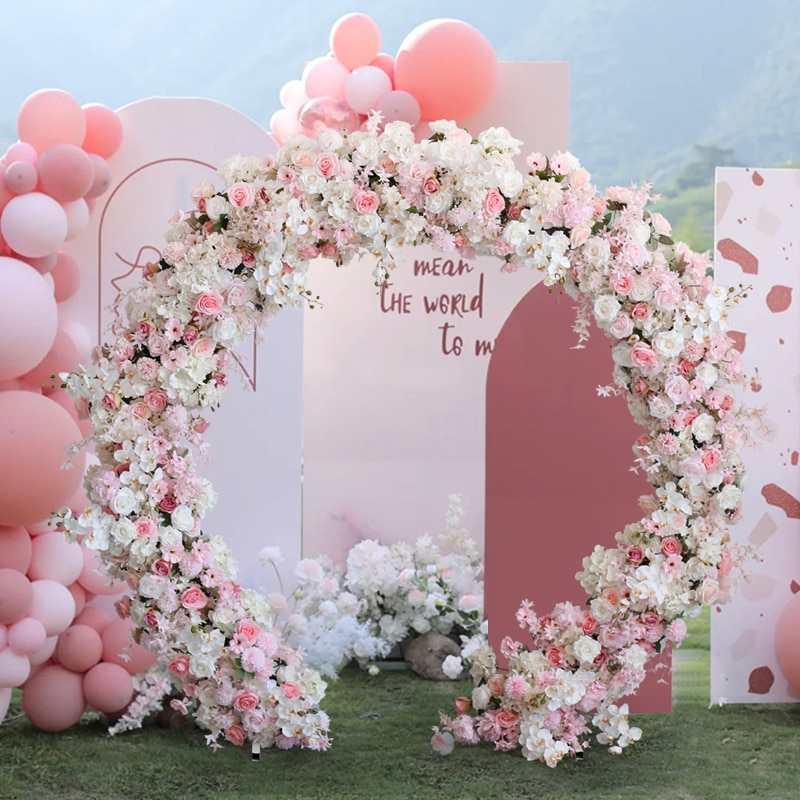
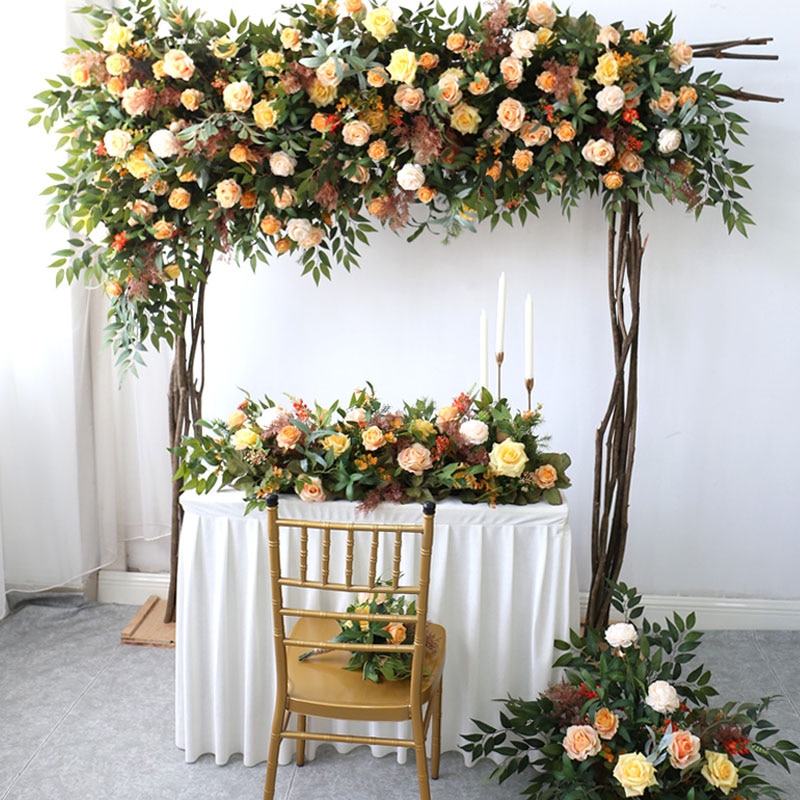
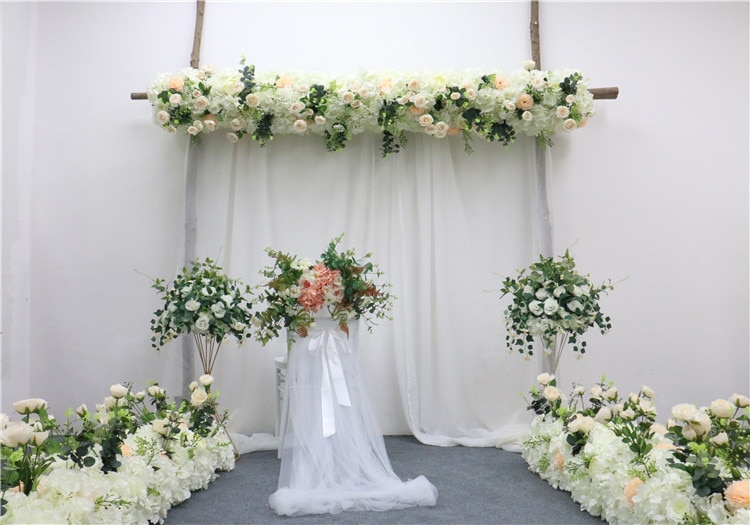
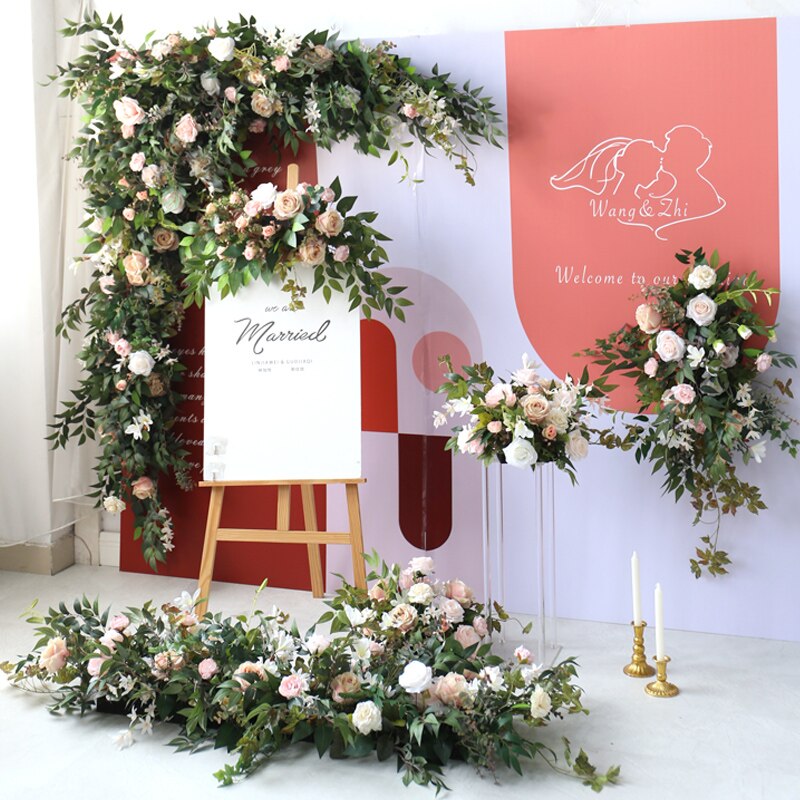
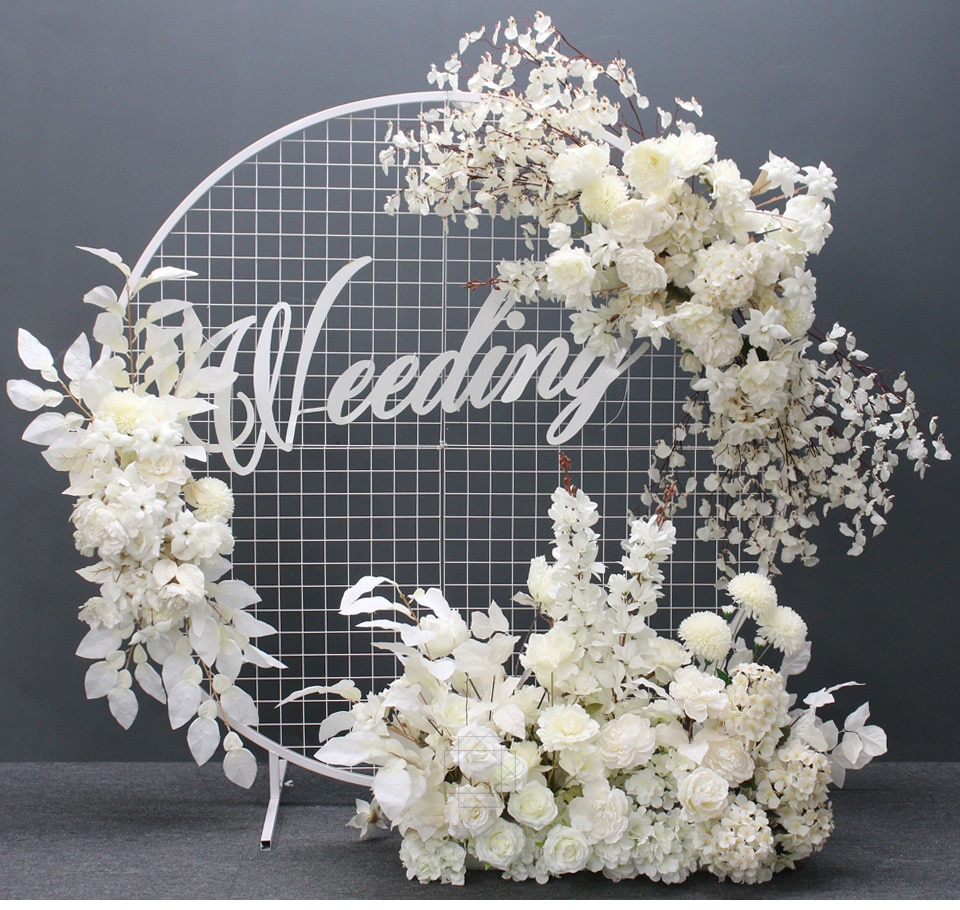
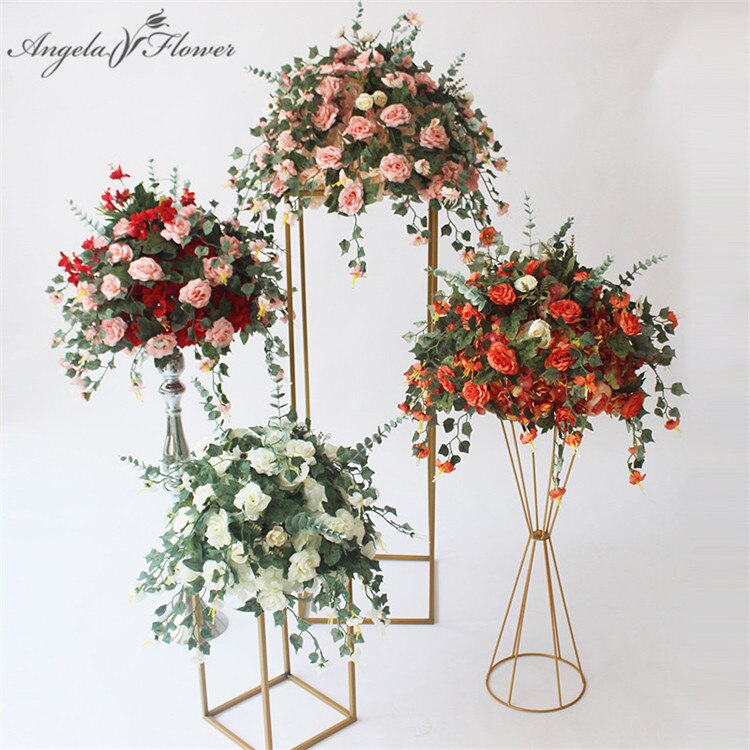
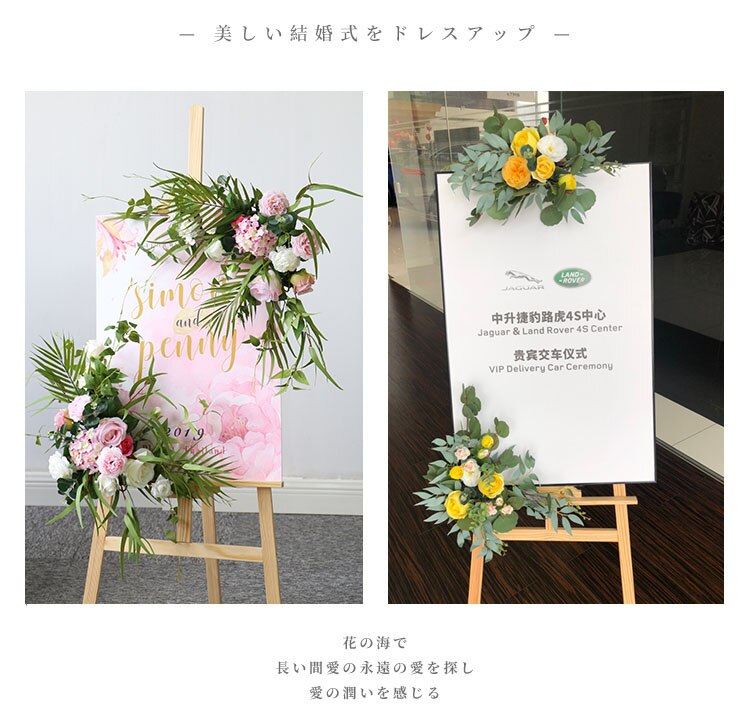
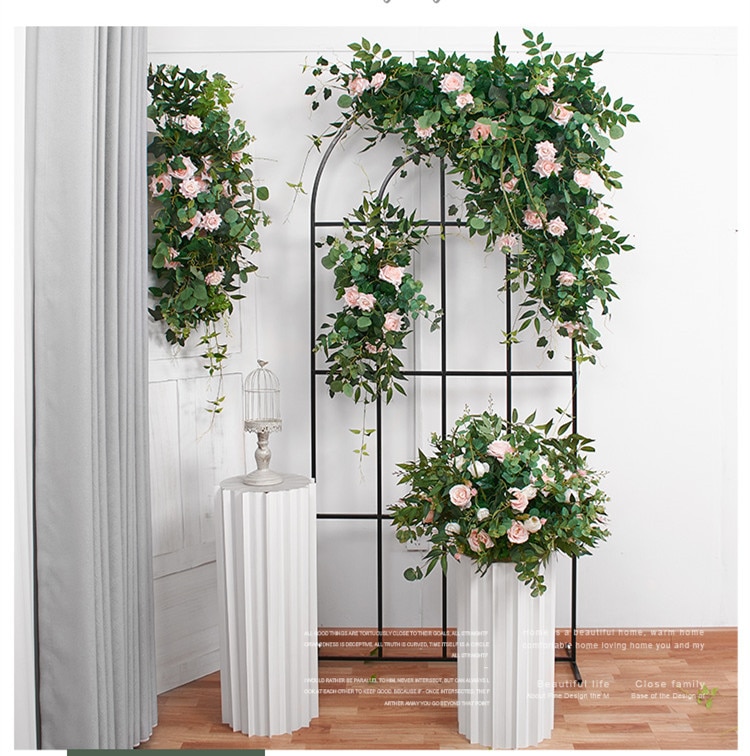
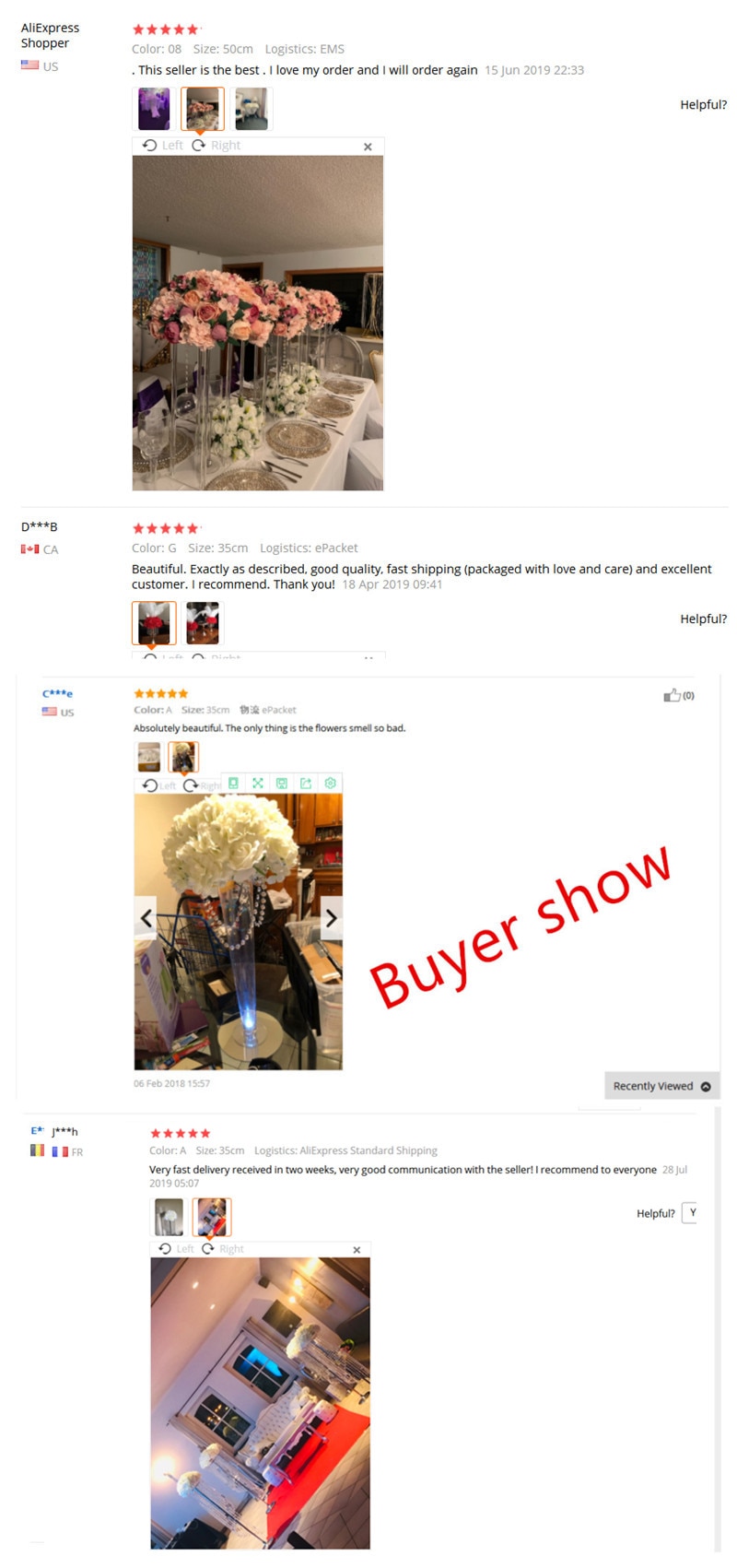
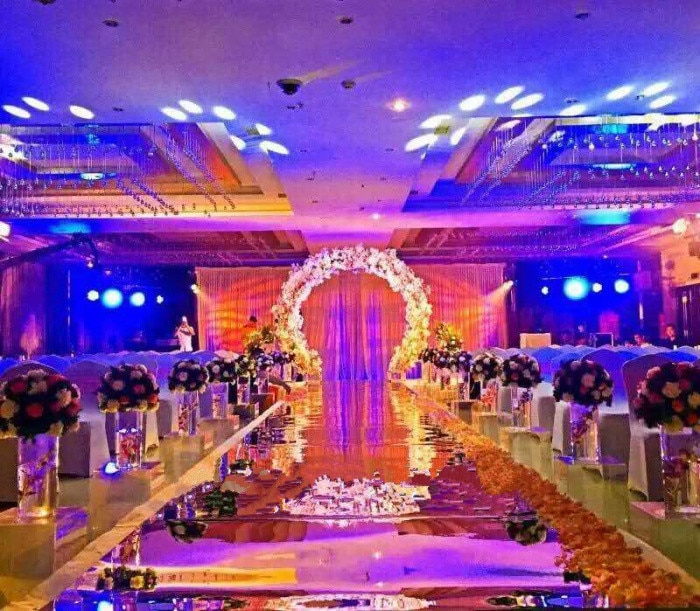
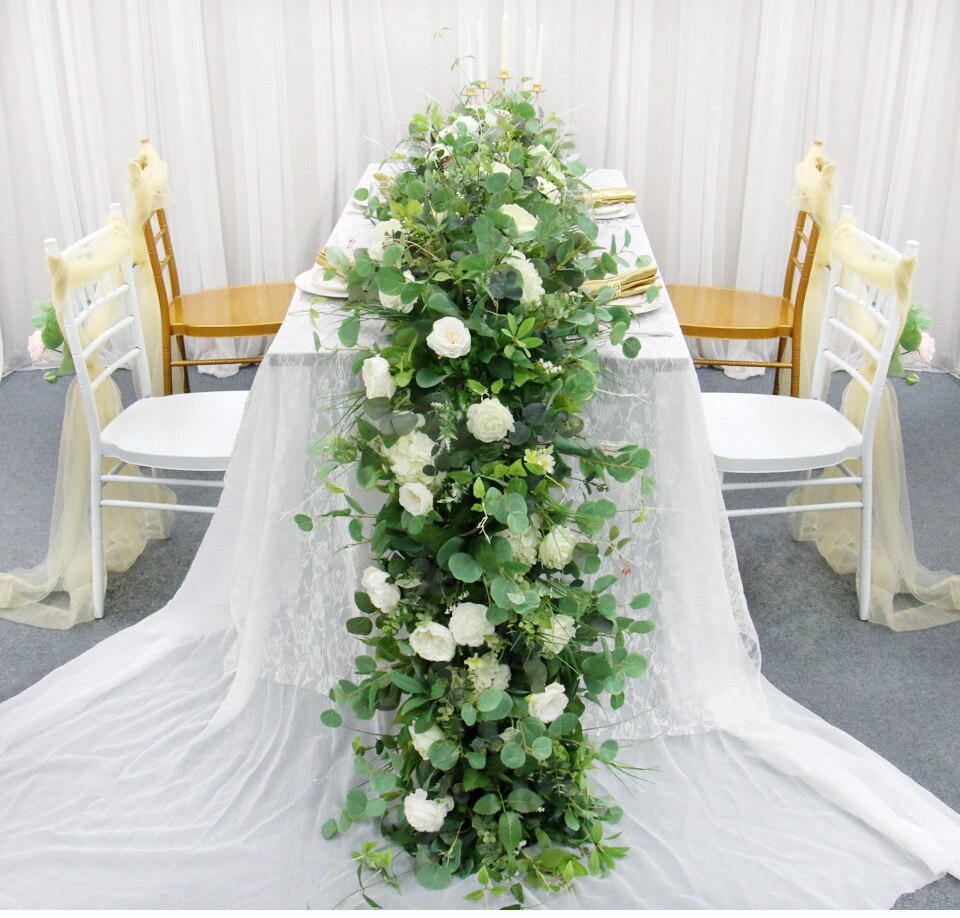
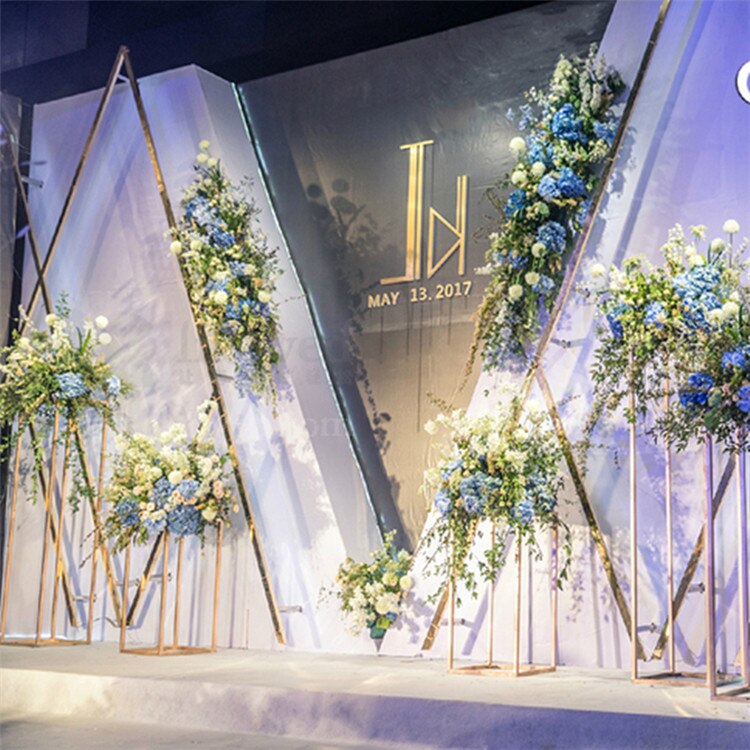




















Leave your comment